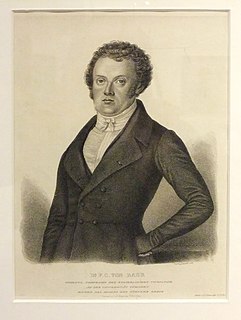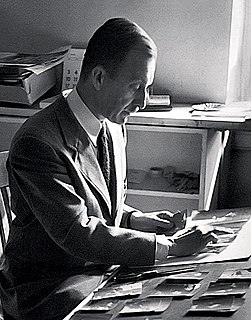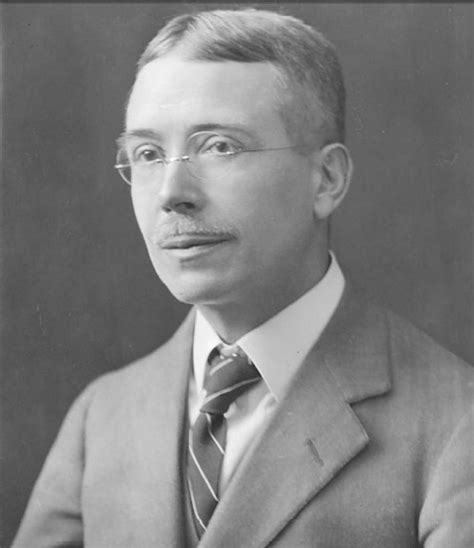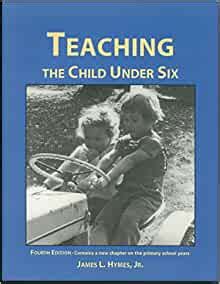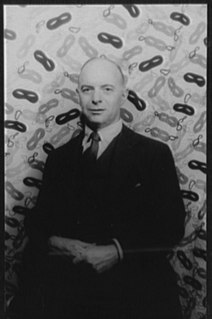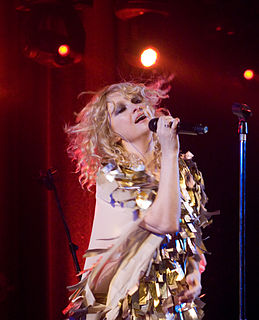A Quote by Ferdinand Christian Baur
It must inquire not merely about the circumstances of the time in general, but in particular about the writer's position with regard to these things, the interests and motives, the leading ideas of his literary activity.
Related Quotes
It's akin to style, what I'm talking about, but it isn't style alone. It is the writer's particular and unmistakable signature on everything he writes. It is his world and no other. This is one of the things that distinguishes one writer from another. Not talent. There's plenty of that around. But a writer who has some special way of looking at things and who gives artistic expression to that way of looking: that writer may be around for a time.
Play for young children is not recreation activity, It is not leisure-time activity nor escape activity. Play is thinking time for young children. It is language time. Problem-solving time. It is memory time, planning time, investigating time. It is organization-of-ideas time, when the young child uses his mind and body and his social skills and all his powers in response to the stimuli he has met.
Studies of decision-making in the monkey, where activity of single neurons in parietal cortex is recorded, you can see a lot about the time-accuracy trade-off in the monkey's decision, and you can see from the neuron's activity at what point in his accumulation of evidence he makes his decision to make a particular movement.
How does he achieve this independence? He does it by means of a continuous activity. How does he become free? By means of constant effort. we know that development results from activity. The environment must be rich in motives which lend interest to activity and invite the child to conduct his own experiences.
By the aristocracy of finance must here be understood not merely the great loan promoters and speculators in public funds, in regard to whom it is immediately obvious that their interests coincide with the interests of the state power. All modern finance, the whole of the banking business, is interwoven in the closest fashion with public credit.
